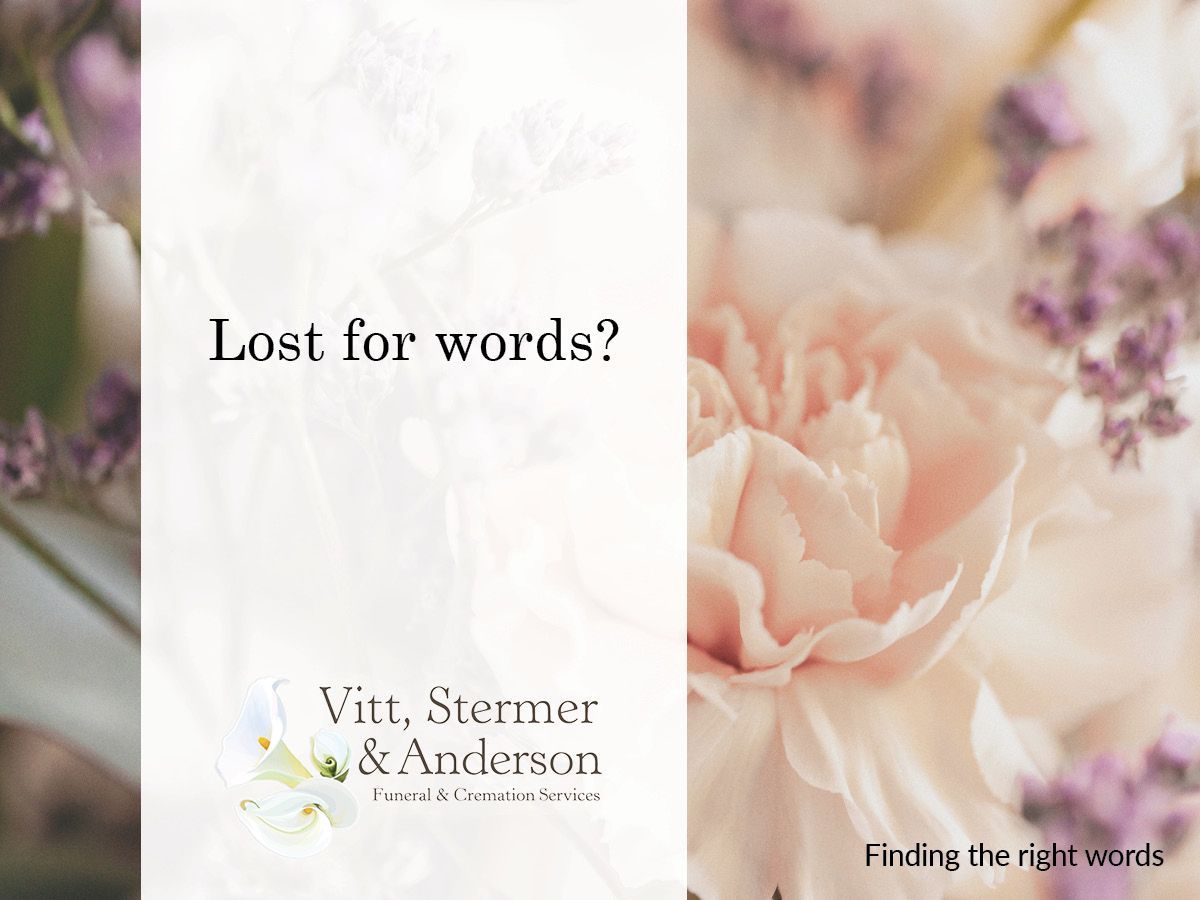Independence Day
Parades, speeches, and fireworks. The fourth day of July is the day we celebrate our independence. We put aside our differences and celebrate our great country together. We celebrate the polished, pretty version of our history as we lament our current gritty selves. But here’s the thing: no life, and that includes the life or our great nation, is without grit. It’s easy to picture the signers of the Declaration proud, happy, and in agreement as they signed the document, but, truth be told, it was not all that easy.
First, the Declaration that we cherish was not a declaration of war. The war for independence had been going on for more than a full year when the document we celebrate on July the 4th, was written by a committee of five. Thomas Jefferson, John Adams, Benjamin Franklin, Robert Livingston, and Roger Sherman were assigned the job of writing the declaration. Thomas Jefferson was asked to produce a draft for their comment and approval. There were several drafts and revisions.
Jefferson was, at first, reluctant to author the document. He wanted John Adams to do it instead. Adams writes in his account of the episode in a letter to his friend, Timothy Pickering, a Massachusetts politician:
“Jefferson proposed to me to make the draft. I said, 'I will not,' 'You should do it.' 'Oh! no.' 'Why will you not? You ought to do it.' 'I will not.' 'Why?' 'Reasons enough.' 'What can be your reasons?' 'Reason first, you are a Virginian, and a Virginian ought to appear at the head of this business. Reason second, I am obnoxious, suspected, and unpopular. You are very much otherwise. Reason third, you can write ten times better than I can.' 'Well,' said Jefferson, 'if you are decided, I will do as well as I can.' 'Very well. When you have drawn it up, we will have a meeting.' “
So, we see political considerations were involved from the very onset. Jefferson wrote the D eclaration not just because he was eloquent , but also because he did not have Adam’s baggage (a quarrelsome reputation) and he was from Virginia — a c olony it would be important to have on board.
The Declaration of Independence is a document of state. It was intended to describe who was doing what and why. The Colonies were coming together as “United States.” They were declaring themselves independent from England. The main body of the Declaration includes a long list of reasons or grievances against the King. The why.
So, then who actually signed on July 4th, 1776? John Hancock was the only person to sign on the 4th, many others signed on Aug. 2 and the last person to sign was New Hampshire delegate Matthew Thornton on Nov. 4, 1776.
Every step along the path to independence was debated, discussed, revised and worked out between people with like and differing ideas. We are a nation born from grit. Mistakes have been made as well as great things accomplished. So, as we head out to the parade or barbeque this year maybe we can lean in, embrace our grit, and be proud we live in a country where we can have our differences and still all love our country.
Great Reads about our History:
These Truths a History of the United States by Jill Lepore
Alexander Hamilton by Ron Chernow
John Adams by David McCullough
American Sphinx by Joseph J. Ellis
Jefferson Himself… The Personal Narrative of a Many-Sided American Edited by Bernard Mayo












